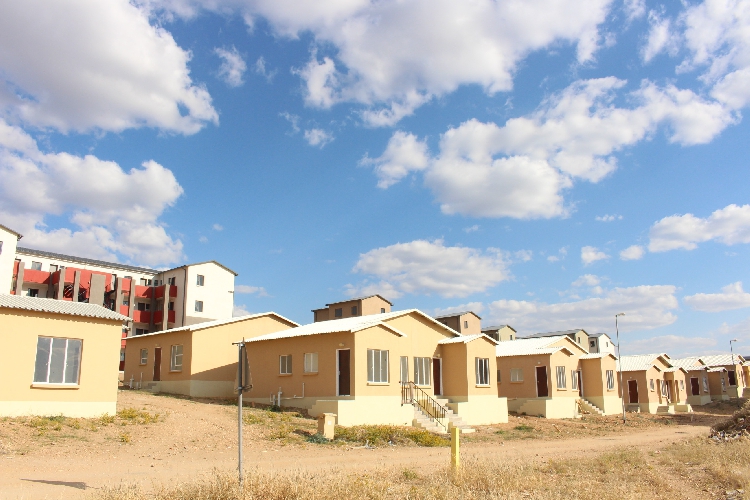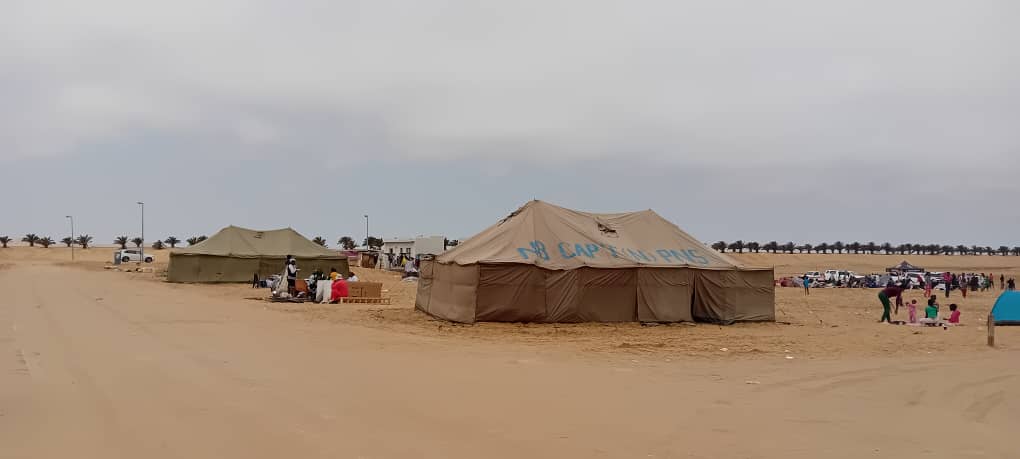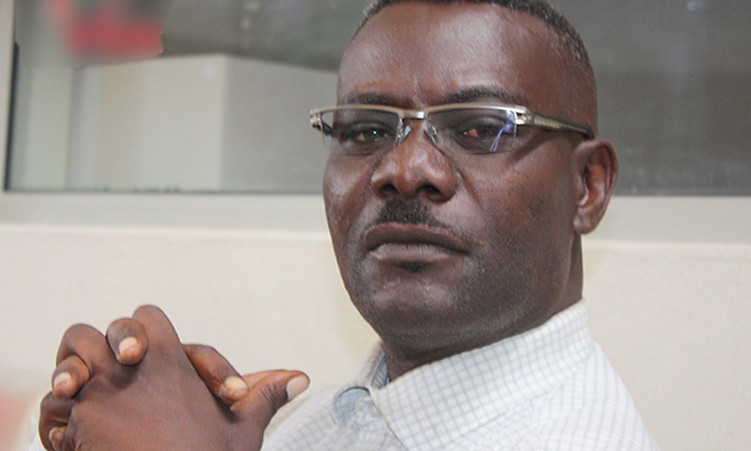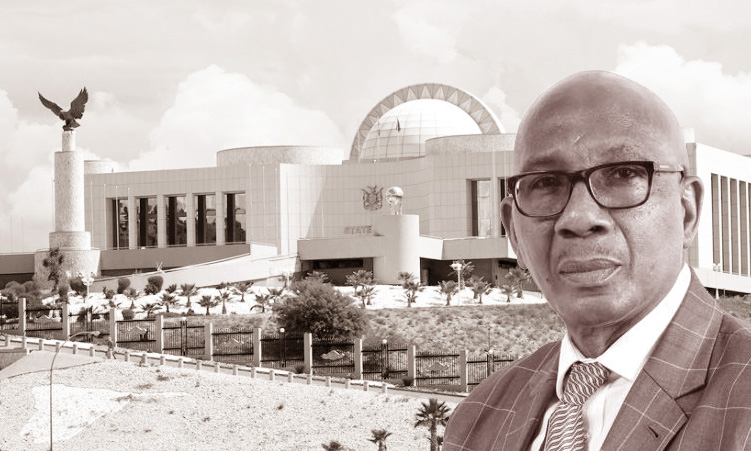• and TUTALENI PINEHASOVER 2 000 completed houses built under the mass housing programme are currently standing empty, amid concerns that government is too slow in allocating them to beneficiaries.
understands that between 3 000 and 4 000 houses have been built across the country since 2014, and that just 850 have been handed over to beneficiaries.
National Housing Enterprises spokesperson Mutonga Matali yesterday said the urban development ministry should provide the figures on how many houses have been completed so far.
Matali, however, confirmed that as of 28 April 2017, 850 houses have been handed over to beneficiaries, while about 1 500 houses have been allocated to beneficiaries, but are yet to be occupied.
“These figures have increased over the past month, and the latest report will be available soon,” he said.
Government’s pace of allocating mass houses continues to be slow, as it emerged that up to 360 houses in Windhoek are standing empty because of a dispute over the provision of basic services. The 850 houses handed to beneficiaries so far are part of the housing units handed over by former President Hifikepunye Pohamba a few weeks before the national elections in 2014.
The urban development ministry’s permanent secretary, Nghidinua Daniel, told yesterday that he requested his office to provide him with the latest figures and an explanation on whether the allocation and handing over of houses was slow.
Windhoek has been one of the areas which has not seen a single mass housing unit handed to beneficiaries.
Attorney general Sacky Shanghala said in the National Assembly this year that there was a stand-off over the Windhoek mass housing project at Otjomuise.
He said the urban development ministry invited the attorney general’s office to resolve “an impasse which is delaying the handover of the mass housing development programme houses at Otjomuise”.
Shanghala was tasked with renegotiating the mass housing contracts in 2015, but his involvement was mainly to wind down the project that was seen as an answer to low-cost housing.
Windhoek’s N$350 million project was awarded to a company called CalgroKuumba, which was owned by Titus Naakumba.
CalgroKuumba was given the contract to build over 1 000 houses in Otjomuise – the biggest mass housing recipient in 2013 – in Windhoek, where Pohamba launched the project, and pleaded with government officials to implement it. Pohamba’s dream was diminished a year after leaving office when President Hage Geingob’s administration reduced that number of houses in Windhoek from 1 000 to 360 houses.
South African firm Calgro, which teamed up with the Namibian, yesterday said 362 houses have been completed at the Windhoek site.
“The houses were completed in terms of the construction period allowed for in the contract. The alignment of service connections for the occupation of the units is problematic, and we have made a proposal to the client to resolve the delay,” Calgro’s project manager, Gerhard Botha, told yesterday.
He said the delay in handing over the houses was because the new contract did not make provision for the service connections and the revised layout of the new township.
There have been reports of mass houses being vandalised at Walvis Bay, Bukalo, Keetmanshoop and Rehoboth.
reported last year that the vandalised houses at Walvis Bay were without water and electricity services, some without window frames and the panes removed in most cases, while some doors were broken or stolen, and kitchen and bathroom sinks were missing and others smashed to pieces.
New Era reported in March this year that about 90 houses built at Swakopmund under the mass housing programme were demolished because of poor quality work.
The delay in the allocation and handing over of houses is also affected by government bureaucracy in transferring land. Sources said some local authorities such as Bukalo and Eenhana allocated land they did not own to the state for the mass housing project.
Jordaan Oosthuysen Nangolo Quantity Surveyors, who were tasked with investigating the troubled mass housing programme, said in 2015 that the main culprits in delaying the land proclamation process were local authorities, and the Department of the Surveyor General in the lands ministry.
“It is clear that the (land proclamation) process is long and laborious. Getting land ready for development is taking up to 40 months at the earliest, and 82 months in the latest case,” said the report.
Stay informed with The Namibian – your source for credible journalism. Get in-depth reporting and opinions for
only N$85 a month. Invest in journalism, invest in democracy –
Subscribe Now!






